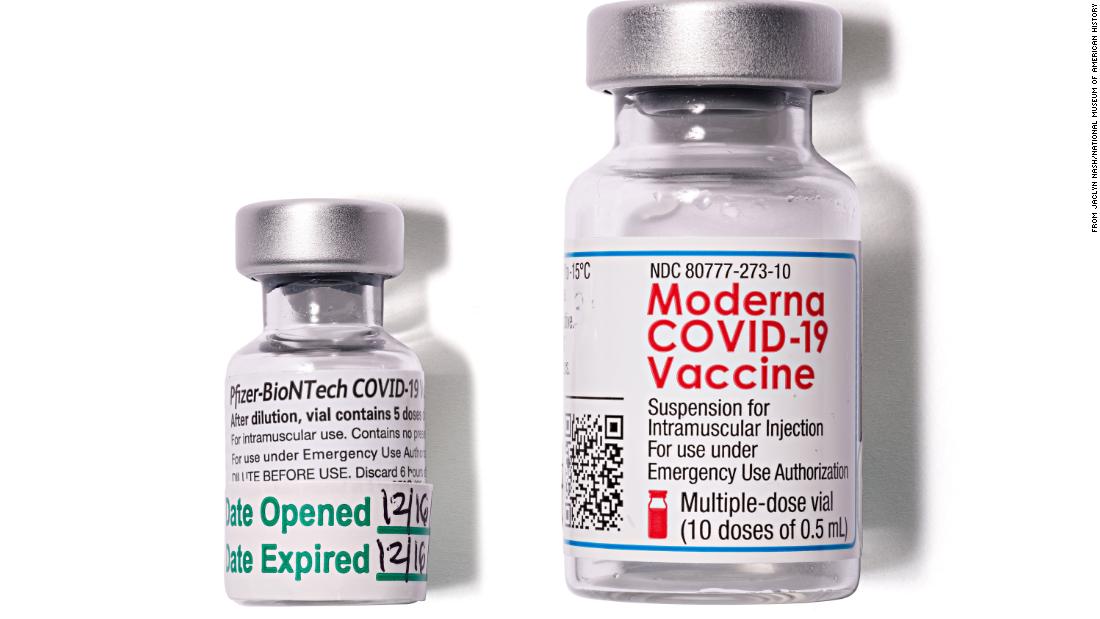Northwell Health, which administered the vaccine, donated the vial of Pfizer-BioNTech vaccine from the nurse at the intensive care unit Sandra Lindsay.
Along with the Lindsay vaccine vial, the Smithsonian received vials of other vaccines from Pfizer-BioNTech and Moderna. He also received syringes, diluents and vaccination forms related to the administration process.
Northwell also presented the Smithsonian artifacts involved in the process of sending vaccines and objects that helped to maintain and monitor their temperature.
“December 14 was a historic moment for everyone: the day the first COVID-19 vaccine was administered in the United States,” said Michael Dowling, president and CEO of Northwell Health, according to a Smithsonian press release.
“It was our first real sign of hope after so many dark months in the fight against the global pandemic. … But when Sandra Lindsay rolled up her sleeves, we were not just showing our team members the safety and efficacy of this innovative vaccine – we were saying to the world that our country was starting a new fight back to normality. It was an extraordinary moment and I thank the Smithsonian for preserving this important milestone “, said Dowling.
“The urgent need for effective vaccines in the United States has been met with unprecedented speed and emergency review and approval,” said Anthea M. Hartig, museum director, Elizabeth MacMillan, according to the Smithsonian statement.
“These artifacts, now historic, document not only this remarkable scientific progress, but represent the hope offered to millions who live during the cascading crises caused by COVID-19.”
